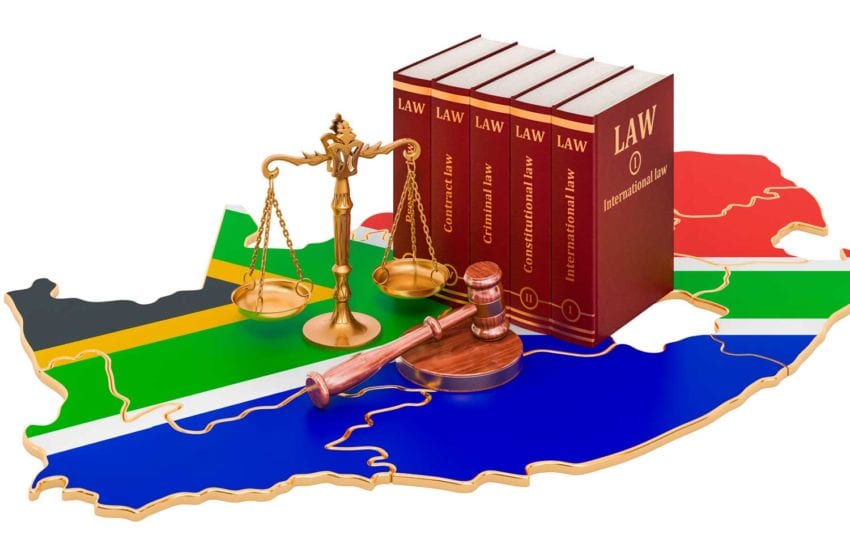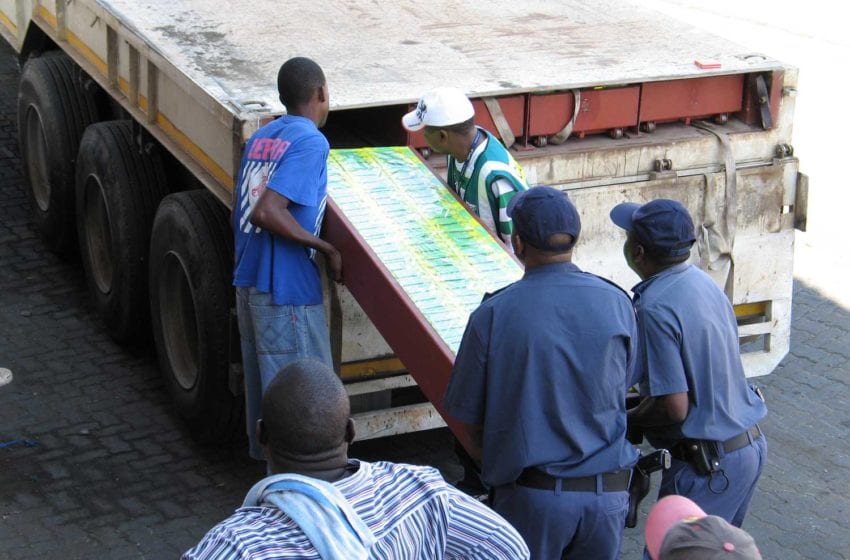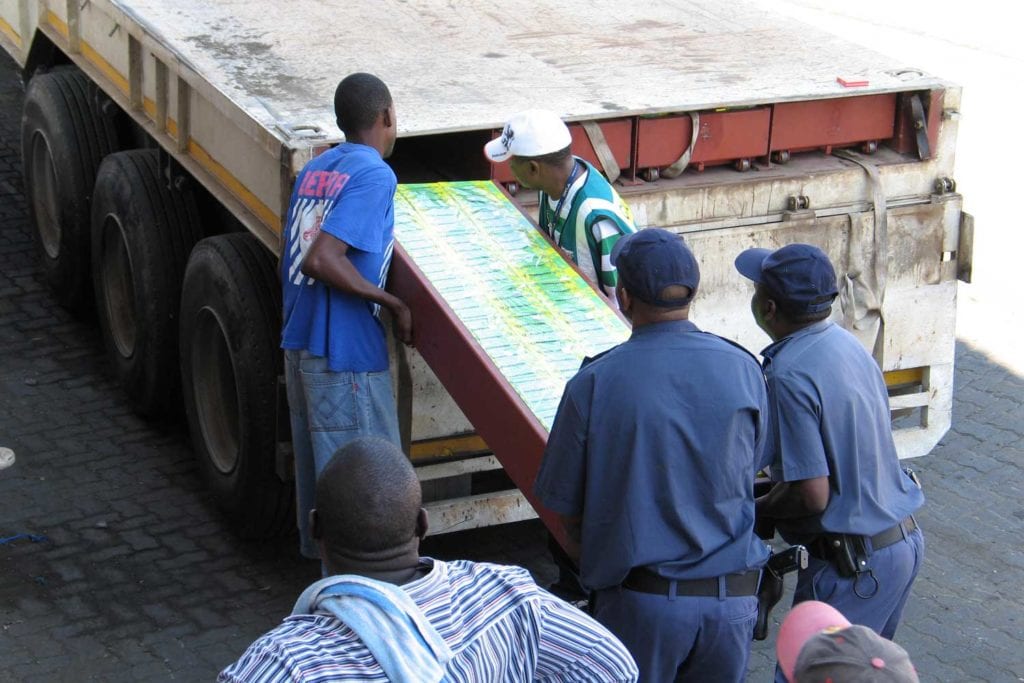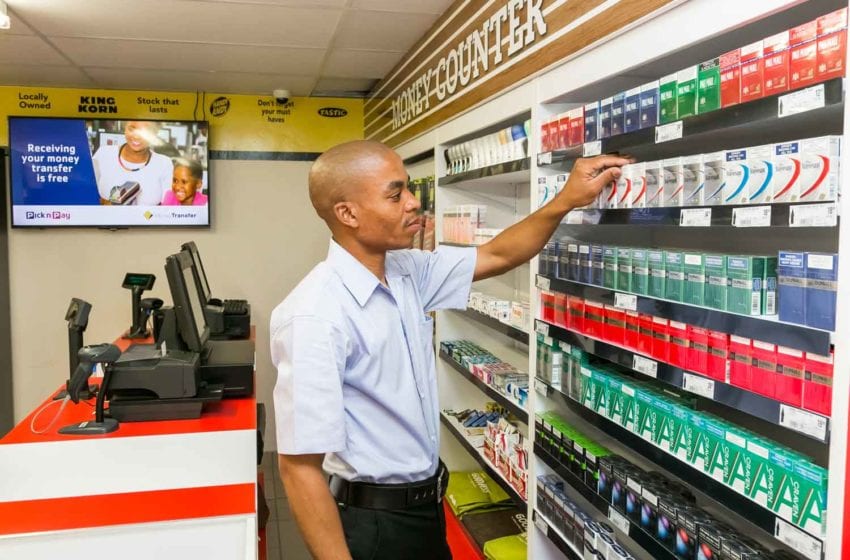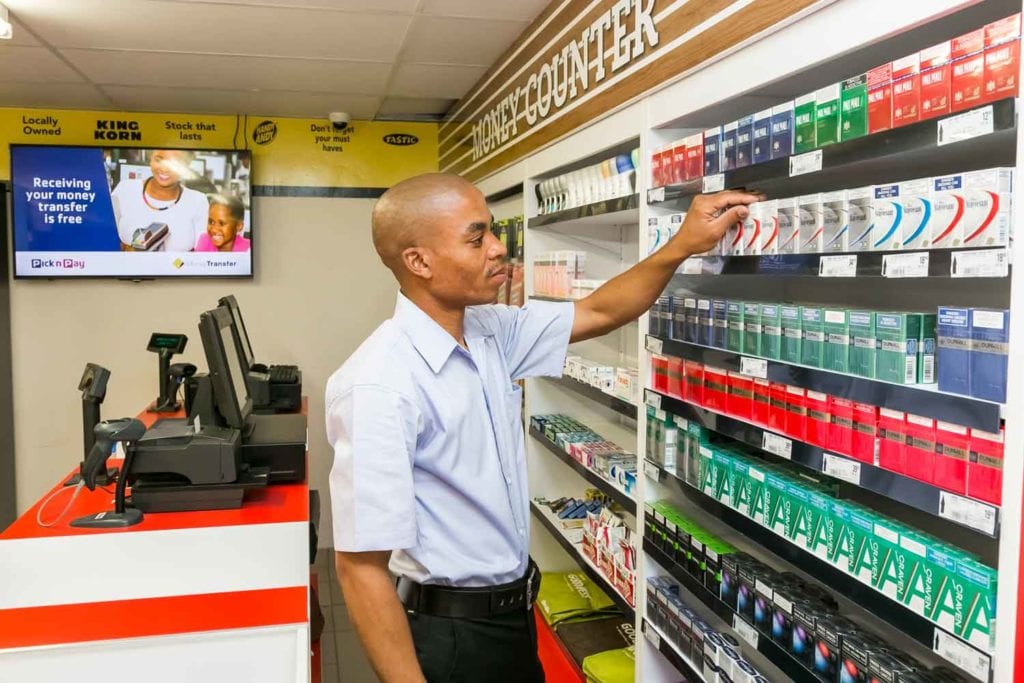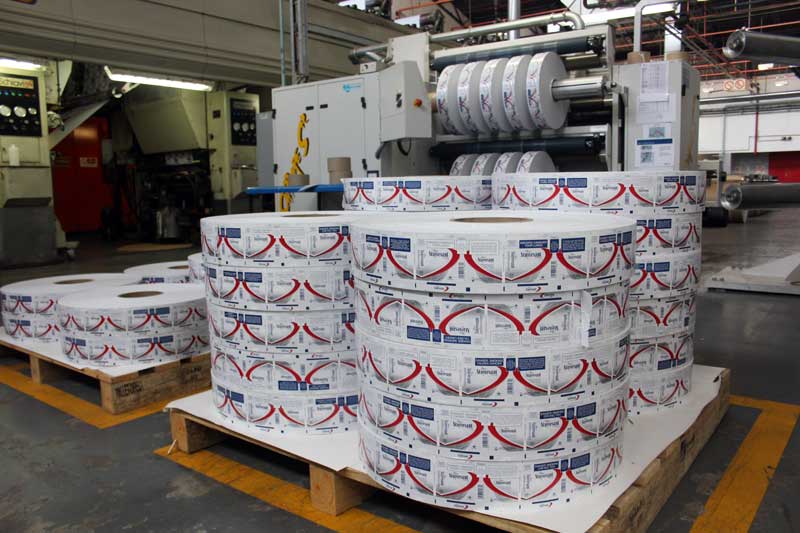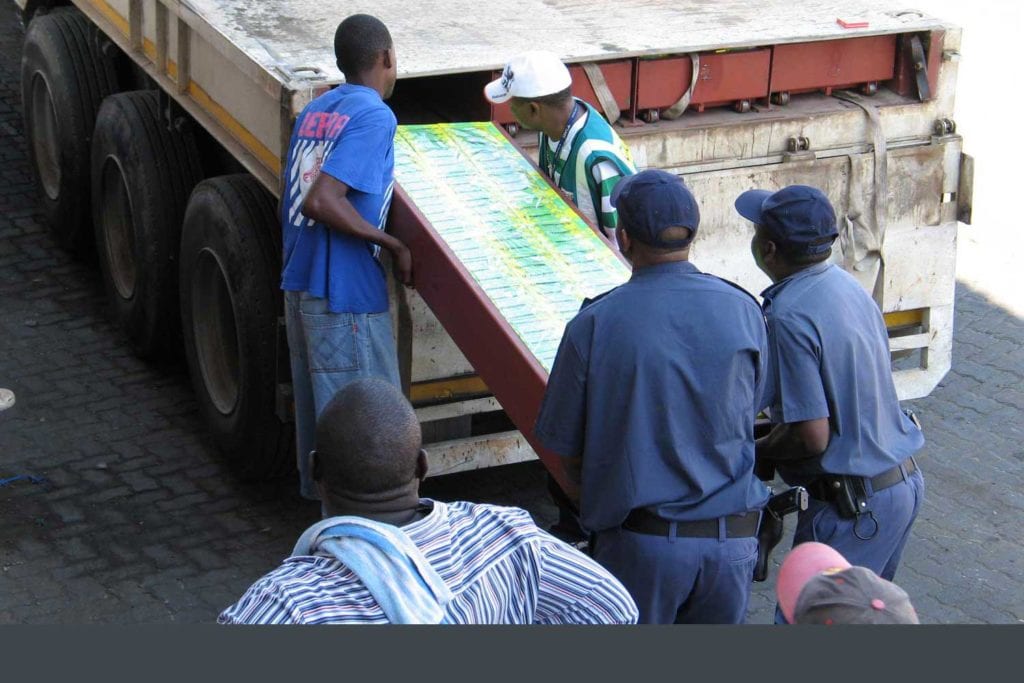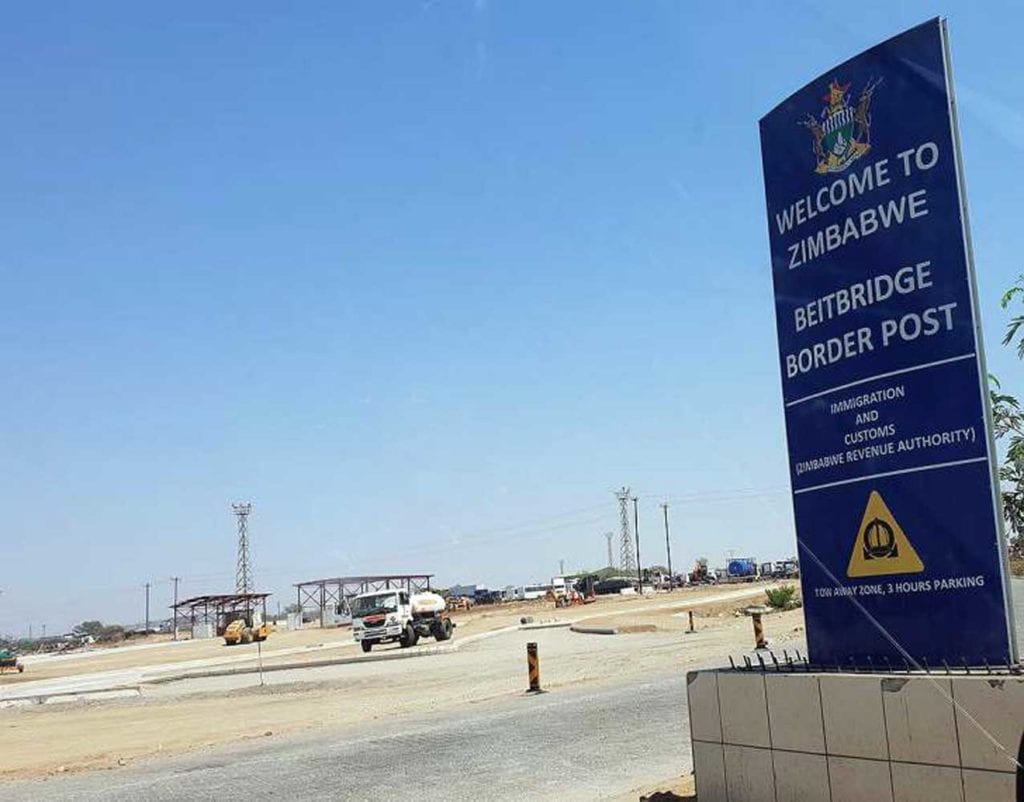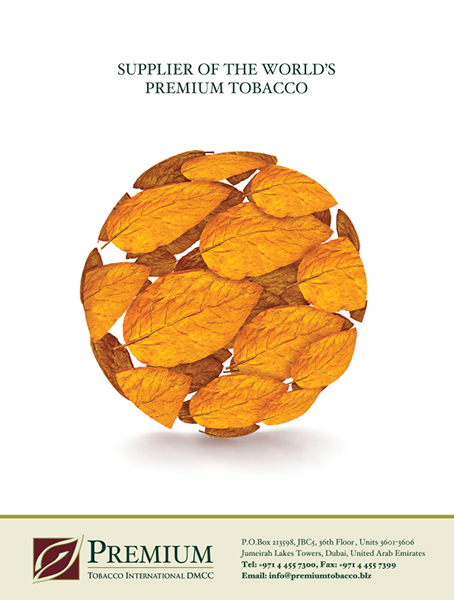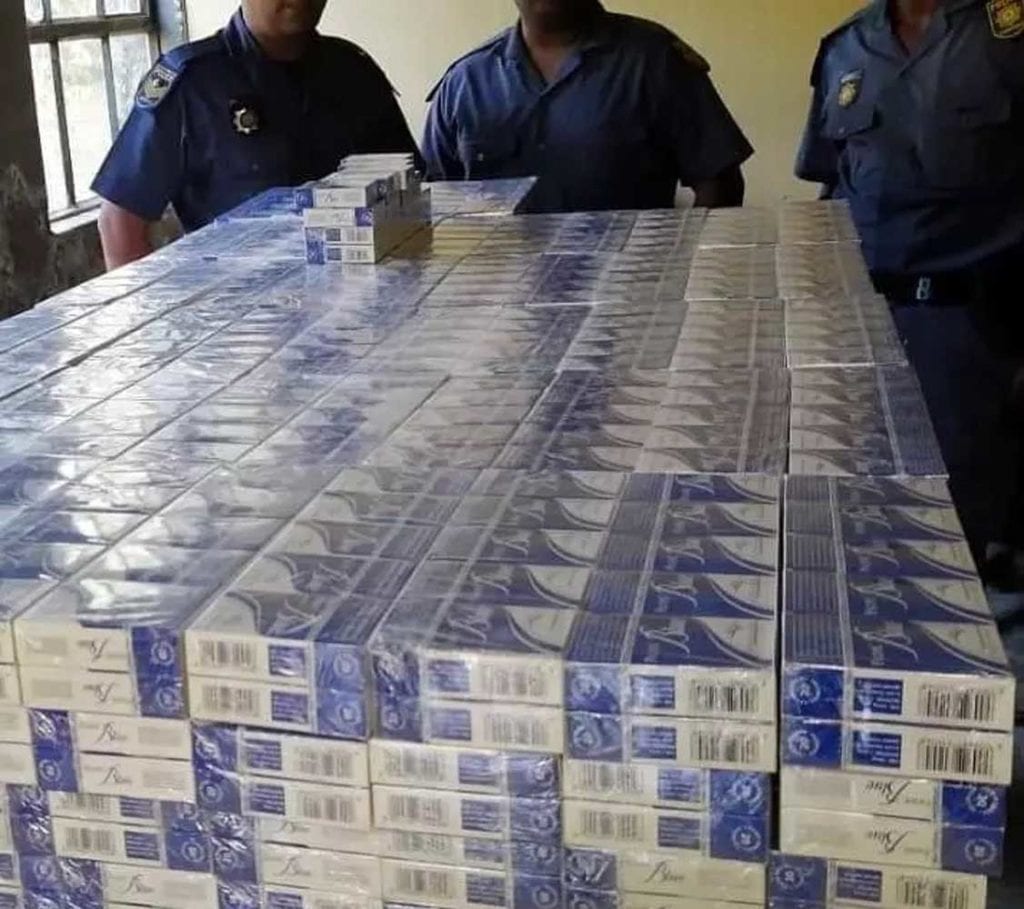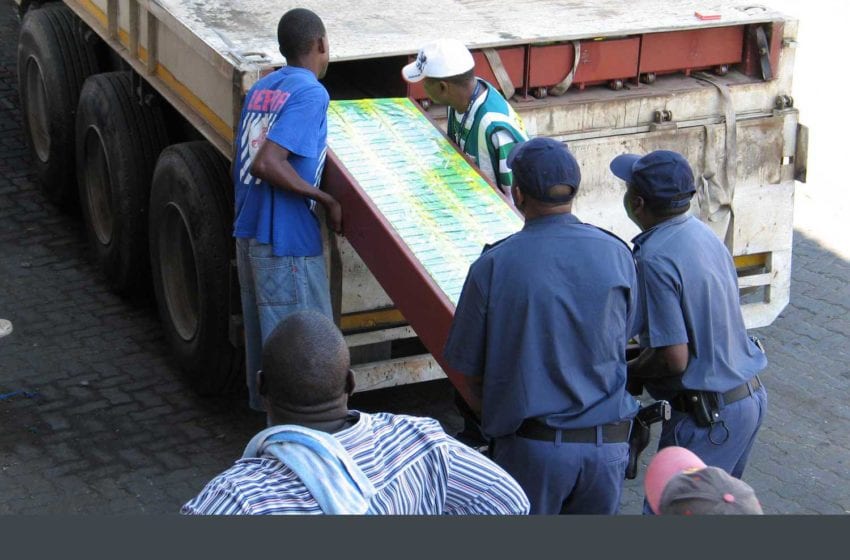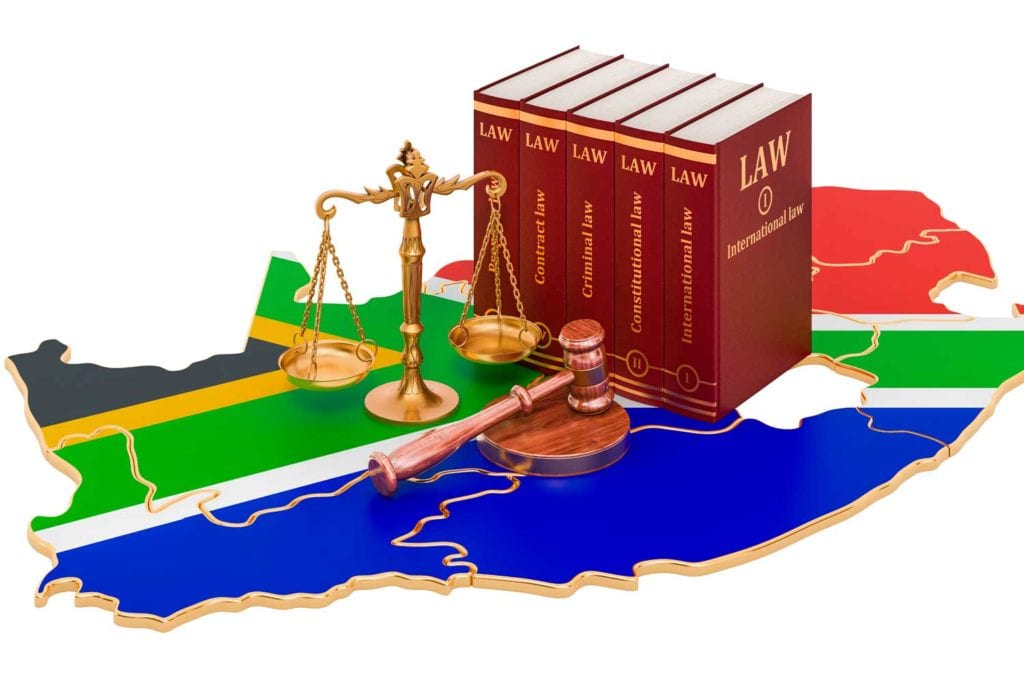
The government of South Africa will appeal the Dec. 11 court ruling that declared the ban on the trade of tobacco products during the coronavirus lockdown was unnecessary and unconstitutional.
The government stated that the court erred in finding that a different but similar case involving the Fair Trade Independent Tobacco Association (Fita), which was dismissed on grounds that tobacco products were not essential, was not binding to it.
From March to August 2020, the government prohibited sales of tobacco products and alcohol to help stem the spread of the coronavirus. Market leader British American Tobacco South Africa (BATSA) and smaller companies united in the Fita challenged the ban, arguing that a short-term ban on a product whose health risks become evident only in the long run makes no sense.
They also questioned the rationale of the argument around cigarette sharing. Tobacco shortages and high prices of black-market cigarettes would only increase the likelihood of smokers sharing their “stompies,” the tobacco companies said.
The government lifted the ban before the matter had been heard in court, but BATSA decided to proceed with the court action to prevent the ban from being reintroduced at a later stage of the pandemic.
In its ruling, the Western Cape High Court judges who presided over the case said Regulation 45, which the government relied upon for the ban, “cannot and does not withstand constitutional scrutiny.”
The Fita expressed disappointment with the government’s decision to appeal.
“We feel that this step by government is regrettable given the irreparable harm on the tobacco industry along its value chain which was occasioned by the five month-long ban on the sale of cigarettes and tobacco related products for consumption by the local market, and which ban has led to the exponential and unabated growth of the illicit cigarette market, which issue has the knock-on effect of increased losses to the fiscus as less taxes are collected by the receiver,” the Fita wrote in a statement.
“This step by government is further worrisome in that it signals the potential arrival of yet another cigarette sales ban given that the pending appeal will suspend the operation of the Western Cape High Court judgment until the matter is properly ventilated before the courts, which matter could take months if not more to resolve.”
FITA previously came to an agreement with the government stating it be consulted in the case that other cigarette bans are being considered.

